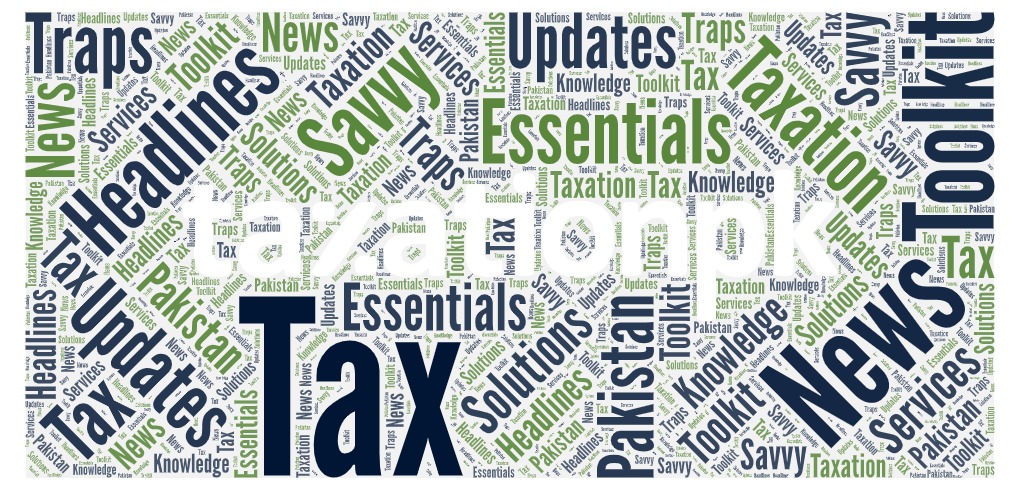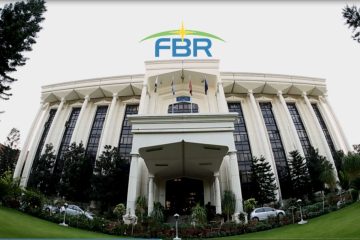The Pakistani government’s efforts to broaden the tax base have taken a new turn with the formation of a Joint Working Group (JWG) tasked with streamlining the process of blocking SIM cards belonging to non-filers. This initiative follows a controversial decision announced in April 2024, where the Federal Board of Revenue (FBR) threatened to block mobile phone connections of those who haven’t filed their tax returns.
Background:
Tax evasion remains a significant challenge for Pakistan. The FBR estimates that a large number of individuals with taxable income fail to file their tax returns. This not only deprives the government of vital revenue but also creates an unfair advantage for those who do comply.
The FBR’s Move and Initial Resistance:
In a bid to address this issue, the FBR issued Income Tax General Order (ITGO) No. 1 of 2024, authorizing the blocking of SIM cards for non-filers. This move was met with resistance from telecom operators who expressed concerns about the legality and technical feasibility of mass SIM card blockages. Additionally, some argued that the measure could disproportionately impact low-income individuals who might not be aware of their tax filing obligations.
The JWG and Collaborative Approach:
Following discussions between the finance minister and telecom representatives on May 12, 2024, a JWG was established. This group comprises tax officials from the FBR and representatives from major telecom companies like Ufone, Telenor Pakistan, and Jazz. The JWG’s primary objective is to create a streamlined process for SIM card blockage that adheres to legal regulations and minimizes potential disruptions for compliant citizens.
What to Expect from the JWG:
The JWG is expected to address several key areas:
- Developing Clear Criteria: The group will likely define clear criteria for identifying non-filers whose SIM cards are subject to blockage. This might involve cross-referencing tax records with user data provided by telecom operators.
- Phased Implementation: A gradual approach to blocking SIM cards is likely, allowing non-filers time to rectify their tax filing status. Initial reports suggest blocking around 5,000 SIM cards daily.
- Communication and Awareness: The JWG might play a role in raising public awareness about tax filing requirements and the consequences of non-compliance. This could involve collaborating with telecom operators to disseminate information through SMS or mobile apps.
- Technical Considerations: The JWG will need to address technical challenges associated with identifying and blocking specific SIM cards. This should ensure minimal disruption for users who are not tax evaders.
Potential Outcomes:
- Increased Tax Compliance: The initiative could incentivize individuals to file their tax returns to avoid losing mobile phone connectivity.
- Enhanced Revenue Generation: A wider tax net could lead to a significant increase in tax revenue for the government.
- Improved Tax Administration: The process of identifying and managing non-filers could become more efficient.
Concerns and Considerations:
- Impact on Vulnerable Populations: There are concerns that the policy might disproportionately affect low-income individuals or those unaware of filing requirements.
- Privacy Issues: Data sharing between the FBR and telecom operators raises privacy concerns that need to be addressed with proper safeguards.
- Technical Challenges: The technical aspects of blocking specific SIM cards while minimizing disruption for compliant users require careful consideration.
The FBR’s initiative to block SIM cards of non-filers represents a bold step towards tackling tax evasion. The formation of the JWG demonstrates a commitment to implementing this policy in a collaborative and efficient manner. While challenges exist, the potential benefits of increased tax compliance and revenue generation are significant. The success of this initiative will depend on the JWG’s ability to address technical and legal concerns, ensure fair implementation, and raise public awareness about tax filing obligations.







